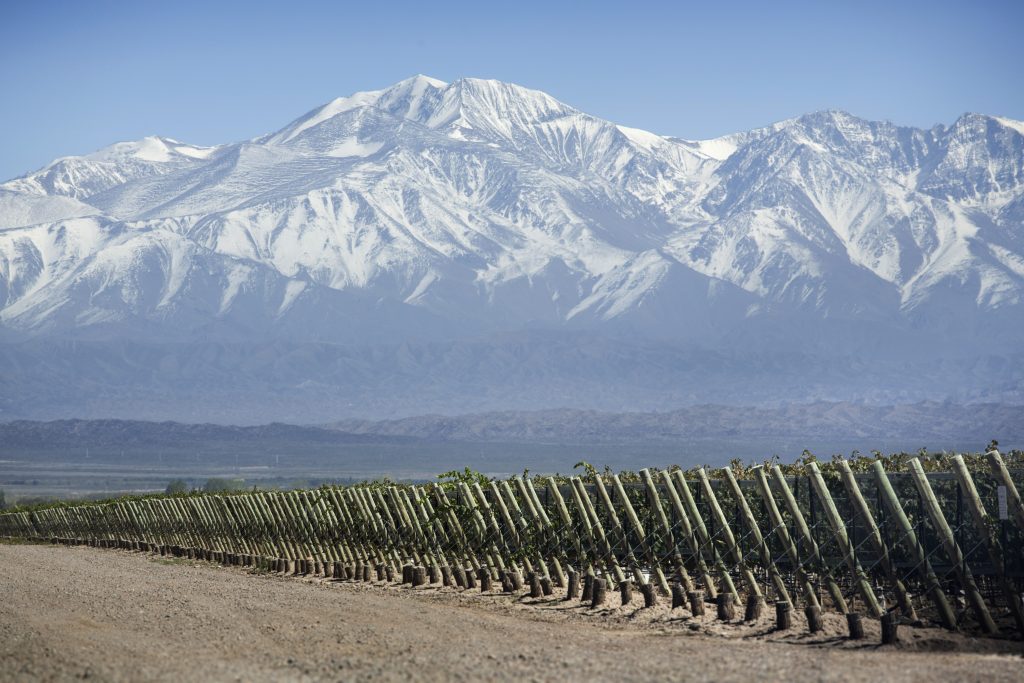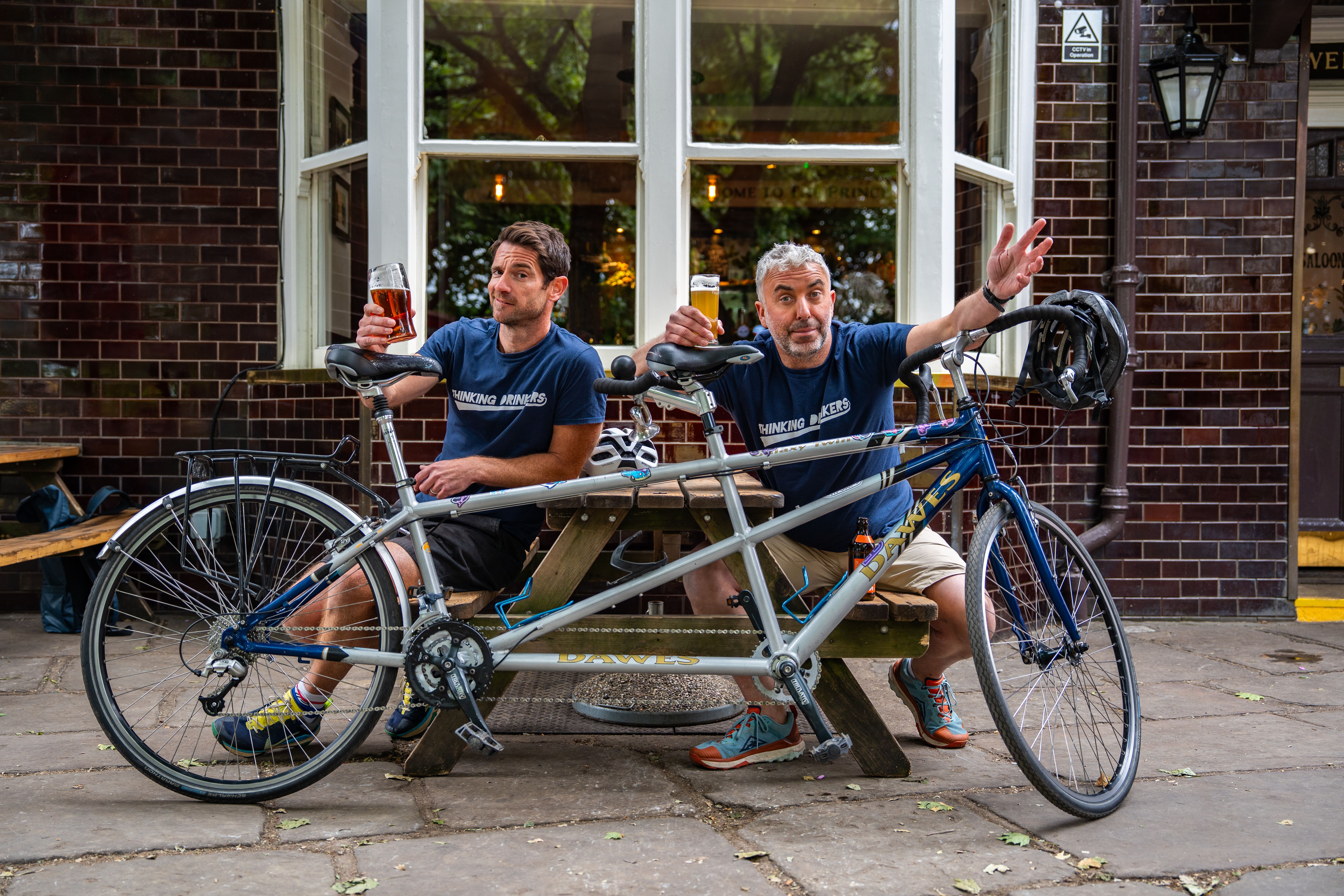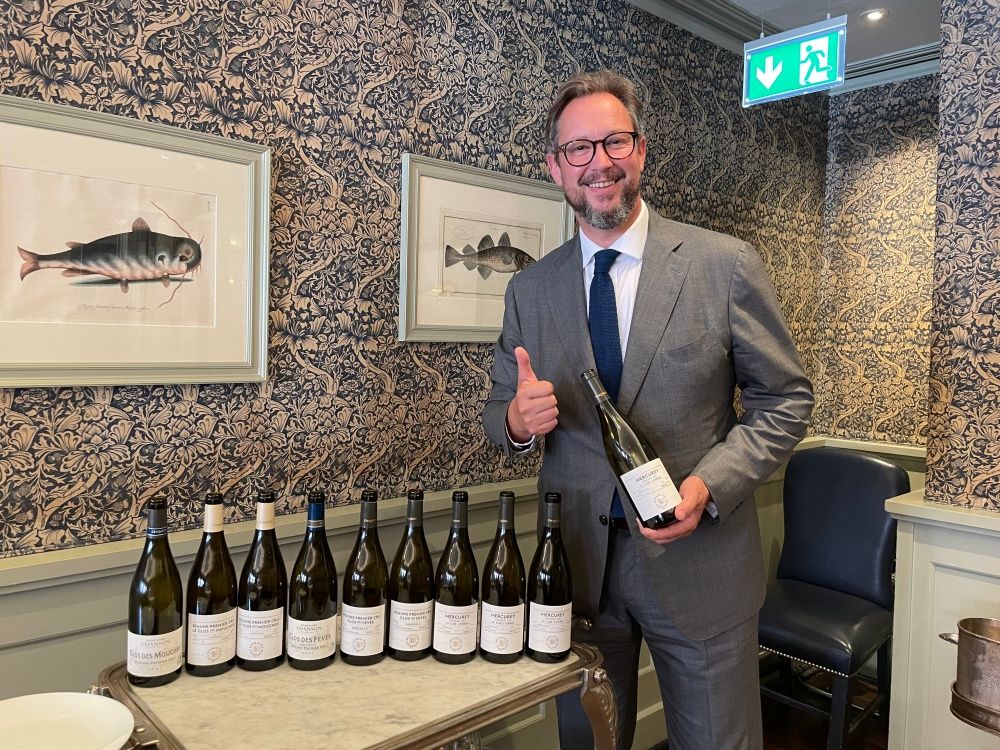How important is the UK market for you and why?
The UK is the place where everybody wants to be…particularly if you want to be successful!
You know that if you can succeed in the UK, then doing well in the rest of the world is much easier.
But the competition is tougher than anywhere in the world and key opinion leaders, as well as consumers, are exposed to the best wines in the world. Therefore there is no room for mistakes.
Our wines are growing 30% every year in the UK with Robinsons Brewery and we see still a lot of growth to come in the next few years. It is all about having the correct price, excellent quality, nice labels and the perfect importer. If you have that then surely you can’t go wrong.
You are working with Robinsons Brewery in the UK. Why did you decide to work with them?
We took part a few years ago in the “Wine Stars” competition organised by Catherine Monahan. It was a sort of “Britain’s Got Talent” but for international wineries where you had to send samples, that were tasted by importers, and include a video introducing your winery and project. Only a few wineries were chosen.
The buyers then came to Argentina to see what we were about. Out of the eight buyers, Noel Reid from Robinsons, made an immediate connection with our company.
We loved the idea to work with an importer that has already over 300 points of sales in the north of Britain. We knew that by doing the right things, we could make the kind of figures we needed to do in the UK. And we still had the rest of the UK to do more.
While a lot of producers’ main focus is in London, our focus was in Manchester and the north. Now we have achieved what we wanted in Manchester and the north west we can now look more closely at London and other areas of the UK.
Has there been anything about the UK market that has surprised you?
The UK is the most difficult market in the world, simply because it is the most educated market in the world. I would say that only a few wineries in the world can truly understand where they can be successful in the UK.
You have to know your wines and your prices points to know whether you should first focus on the on-trade or the off-trade. Then you have to know if you should concentrate on supermarkets, or independent merchants, or go to big wine retail chains etc.
Most small to mid size wineries all over the world, have one brand and they want to sell that brand everywhere. But that will never (ever) happen in the UK.
If you want to be successful in the UK, you have to be open minded. Be creative. Always say yes to a new label or to a new wine. You have to follow your importer’s advice.
I was not surprised when Noel and Paul Robinson asked me to change our labels. But I was surprised when they asked us to do a special blend for the on-trade. Why a new SKU? Why a new wine?
Three years later, and it was the best idea ever. Again, follow your importer’s advice. They are there, suffering the market every day. They know better!
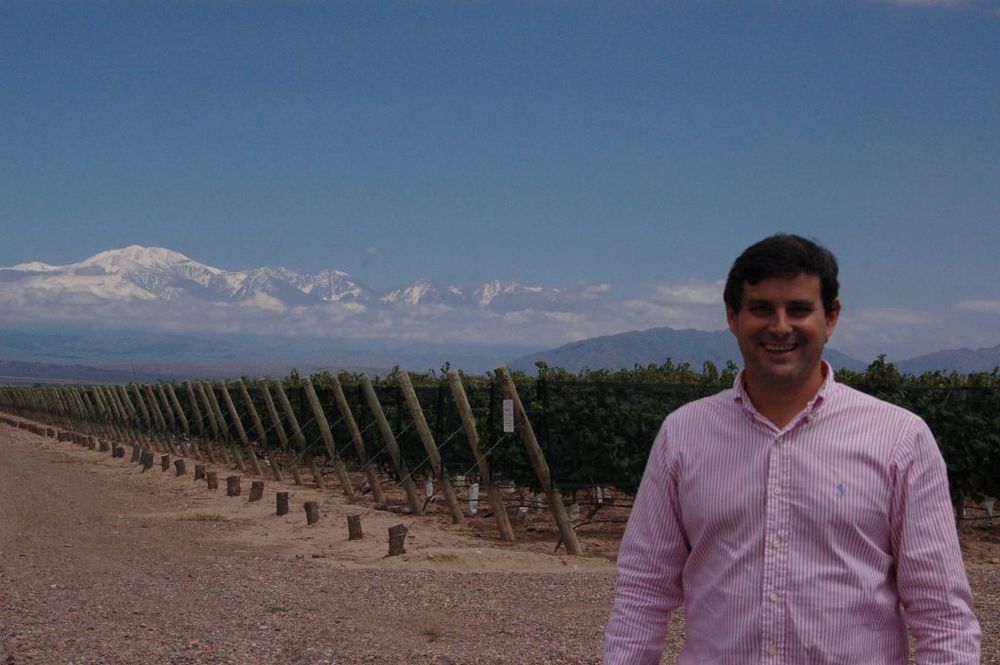
Martin Perez Cambet believes Argentina has so much more to offer the UK on-trade
Why do you think the style of your wines suits the UK on-trade?
The UK consumer’s palate is different. Sweet is not good unless you want to drink something sweet! Many Malbecs in the market have too much residual sugar. Too many Malbec are not good at all for the prices they are sold.
What price points work best for you in the UK on-trade?
It really depends on the point of sale. A wine drinker in a pub in Cheshire will not able to spend the same amount as somebody at the Lowry Hotel in Manchester or at Gaucho. We have different wines, and different price points. But one thing is clear. At every price point, our wines over deliver on quality.
How does working in the UK compare to your other key exports markets in terms of the styles of wine that work and price points?
The competition is so tough in the UK that you really need to work your prices. In terms of style, it is a combination of New World wines but with elegance. Nobody in the UK wants a fruit bomb! Elegance is key.
But another key thing about the UK is that you can sell a really expensive wine. If the price is good for the quality, then you have a chance. While in other markets there is a sort of a line that you can’t cross with Argentine wines. Nobody will buy it.
That is what it makes the UK the most difficult, but the most attractive market in the world.
For example, we sell two wines exclusively in all Gaucho restaurants around the UK. A Single Vineyard Petit Verdot and a Single Vineyard Cabernet Franc (both from a vineyard called Lauren in Agrelo district, Luján de Cuyo, Mendoza).
They cost in Gaucho over £80. That for us is more important than getting 100 points from Parker or any other key opinion leader. By being in that amazing wine list with two non-Malbec wines at such price points, we can show any buyer in the world the sort of quality we have in Casarena.
Nobody knows more about Argentine wines than Phil Crozier, the head of wine at Gaucho. If Phil trusts our wines, why shouldn’t any other buyer around the world?
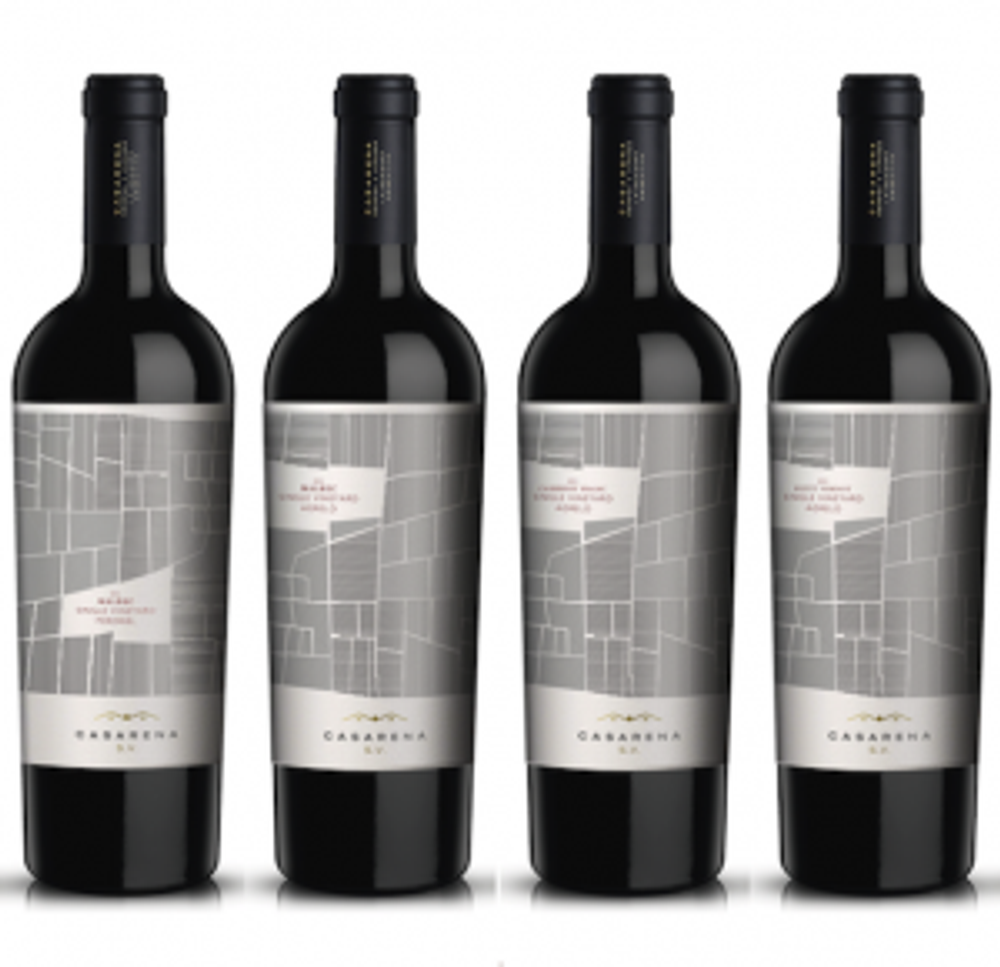
The Petit Verdot and Cabernet Franc are on Gaucho’s list
How do you see the styles of wine in Argentina? Are they changing to suit export markets?
Argentina is right in the middle of the New and the Old World. We have been drinking wines before we were even a country. Up to 1990 there was just one style of Argentine wine.
Thanks to new winemaker generations, and by being exposed to different markets, there are now many styles of Argentine wines.
We had to change our style to suit the export makets. But that was 25 years ago.
Now we are starting to know a lot about our different terroirs. By understanding what is under the vines, we keep improving our quality and styles That’s the future for Argentine winemaking.
But the most important thing about our wines, is anybody visiting will see that wines are part of our way of life, our culture. And that is something that our other New World producers can’t necessarily say.
We are not offering the world a commodity. We are sharing with the world our culture. We are letting you taste the result of 320 days of sun. You are drinking the result of grapes that enjoyed 320 days of pure sun and were irrigated with natural spring water from the Andes Mountain range snow.
What do you see as the big opportunities for Argentine wine in general and Casarena in particular?
The future is bright for Argentina and Caserena. If I were a wine buyer in the UK I would focus on improving my Argentine wine selection. It can only get better!
